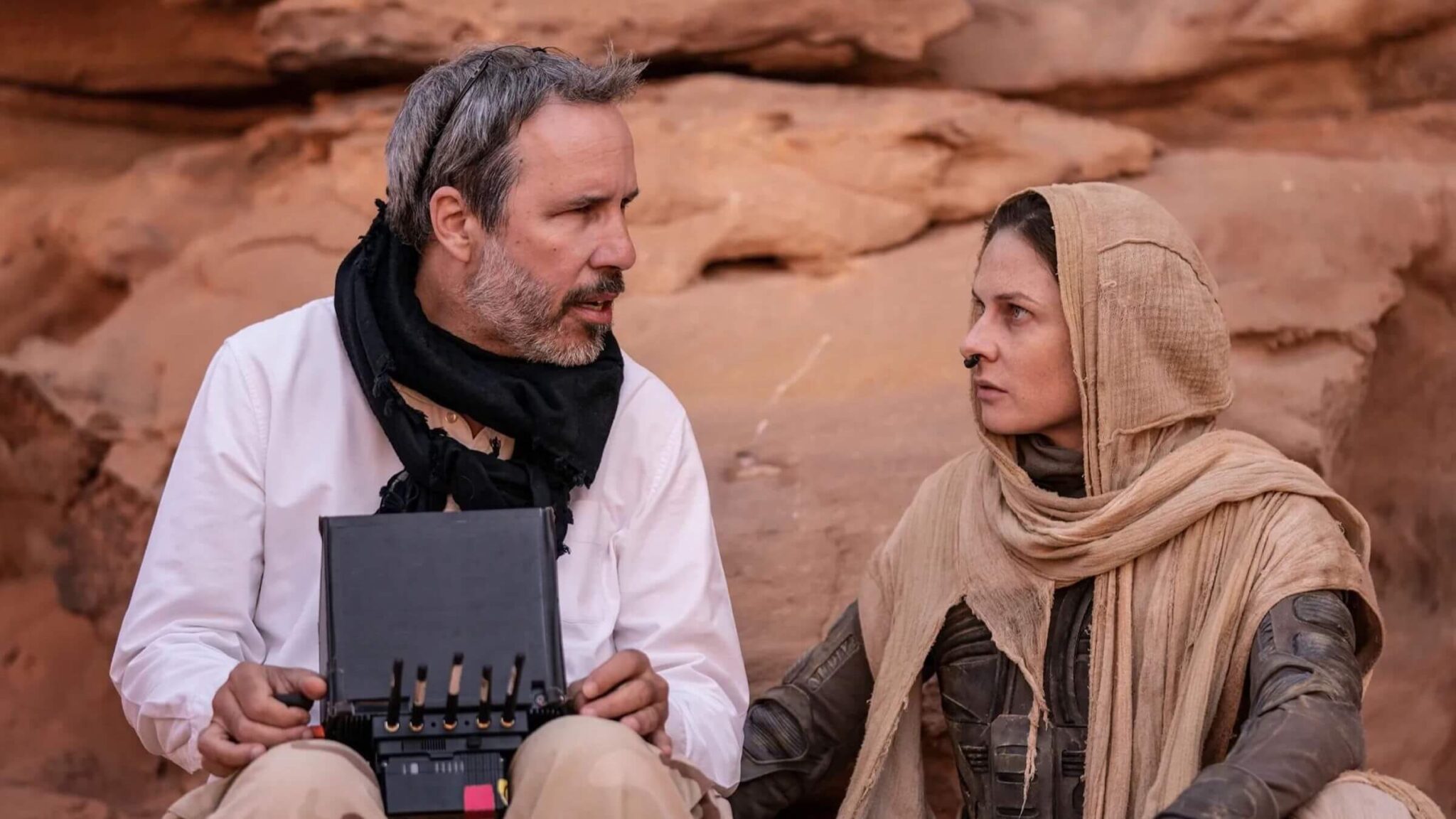5 Writing Lessons From Pulitzer Prize-Winner Donald Margulies

Pulitzer Prize-winning playwright and screenwriter Donald Margulies is a veteran of the writing world. He adapted the screenplay for the 2015 film The End of the Tour and has written a large number of plays, including Dinner with Friends (for which he won that Pulitzer). Margulies also teaches at Yale University, so he was quite literally only a stone’s throw away from where Aaron Tracy hosts the Yale Podcast Network’s To Live and Dialogue in LA.
Margulies covered a wide range of topics in an illuminating conversation. Here are five takeaways from the talk.
1. Enjoy The Process Of Writing
It’s common knowledge in the world of screenwriting that a successful screenwriter doesn’t necessarily mean that she or he has had a number of screenplays made into films — plenty of steadily working writers continue to receive paychecks despite their scripts never making it to celluloid. Despite being a Pulitzer Prize-winner, Margulies admits that he’s victim to this, too. “I’ve been a writer for hire for something like twenty-six unproduced screenplays... That’s a lot of unproduced screenplays.”
Margulies is very aware of how fortunate he is to have had these opportunities. But still, to find peace with the fact that what he's writing may never be appreciated by more than just studio execs, Margulies finds pleasure in the little things. He says you have to enjoy writing screenplays. Enjoy the process. You have to enjoy the research a project requires and get “excited about immersing yourself” in adapting a work.
2. You Should Learn Something From Each Project
Margulies counts himself lucky that he’s only had to take on a couple of projects solely for financial reasons. These scripts turned out to be genre pieces that he admits weren’t in his wheelhouse.
To get past the problem of the work not feeling authentic to him, he appreciated the chance that the opportunity offered him. “[I had never] written a psychological thriller before, but at least I did it,” he says. You learn something from the experience.
3. Adaptation Is Like Collage-Making
When David Lipsky’s book about his time spent with David Foster Wallace, Although Of Course You End Up Becoming Yourself, was first brought to Margulies, it came with the suggestion that it could be a good play. After Margulies read it, he realized it wasn’t a play, in fact, but rather a road movie. The only issue was: how does one turn a five-day conversation between two writers into a film?
Margulies found the process of crafting a narrative from this five-day discourse “thrilling.” To adapt, he says, you have to “shatter the raw material and take pieces of it to create new juxtapositions.” He likens it to collage-making.
4. On Subtlety In The Current Political Climate
When a question is posed to Margulies regarding a writer’s responsibility in this current political climate, he warns against coming off too pedantic and preachy. He believes the “rise of Trump has certainly stimulated artists in a good way” but “things are unfolding at such a breathless rate at this point that attempts to be topical are almost a futile thing to do.”
He adds, “there is a danger to preach to the choir.” He brings up an Andrew Jackson mini-series that he’s currently working on to support this point. “There were things said about Jackson… about his intellect and rigor, that will certainly make people think of our current president.” Margulies goal is to try not to be explicit about the parallel and not be pedantic regarding his audience. “It’s hard to write politically because you have to consider who’s your audience, who are you doing this for?” He says you want to “enlighten people” and not talk down to them.
5. Making Your Script A Good Read
When Margulies first made the jump from playwriting, he found himself writing for television. A couple of his early gigs found himself working for names like Norman Lear, Anne Meara and Jerry Stiller, and Nancy Meyers and Charles Shyer.
It was working with Meyers and Shyer on a television adaptation of their film Baby Boom, that Margulies really learned about the differences between playwriting and writing for the screen, particularly in the pace of writing. But the most important note he received during that time came from Nancy Meyers, he says. Meyers told him to make sure the script was “a good read.” Margulies explains that “it was an incredibly eye-opening note — make it a good read, tell the story — [I had been just writing] the facts. That was such a valuable lesson."
Have a stage play that needs to be produced? Enter the ScreenCraft Stage Play Contest here.
Listen to the podcast below.
 Travis Maiuro previously taught the craft of writing while pursuing his MFA in Screenwriting from the University of Texas at Austin. He also writes about movies here.
Travis Maiuro previously taught the craft of writing while pursuing his MFA in Screenwriting from the University of Texas at Austin. He also writes about movies here.
Photo credit: Pernmoot Photography via UVA
For all the latest ScreenCraft news and updates, follow us on Twitter, Facebook, and Instagram.
Get Our Screenwriting Newsletter!
Get weekly writing inspiration delivered to your inbox - including industry news, popular articles, and more!



























